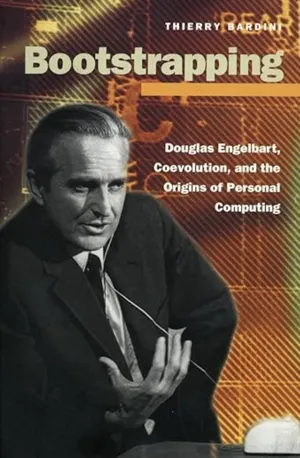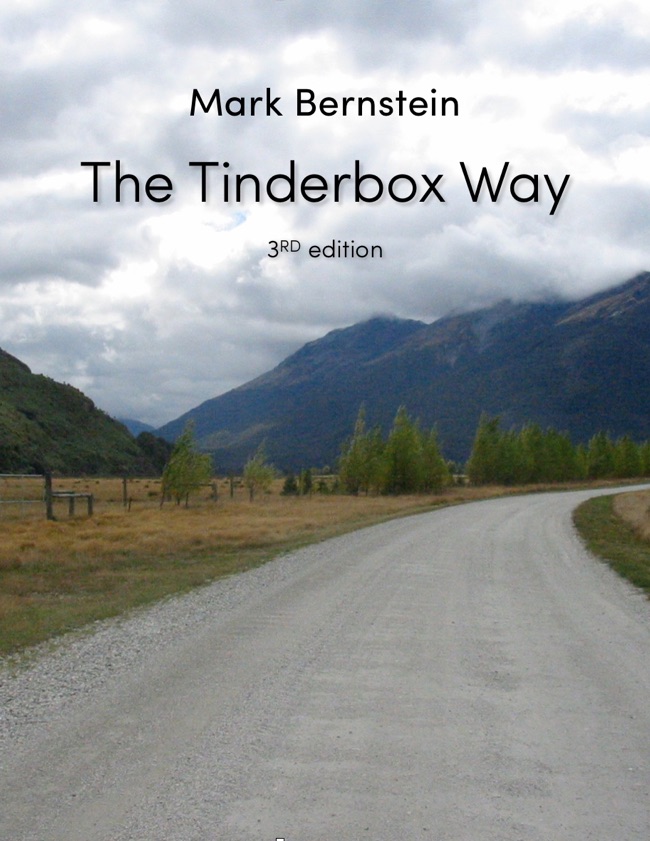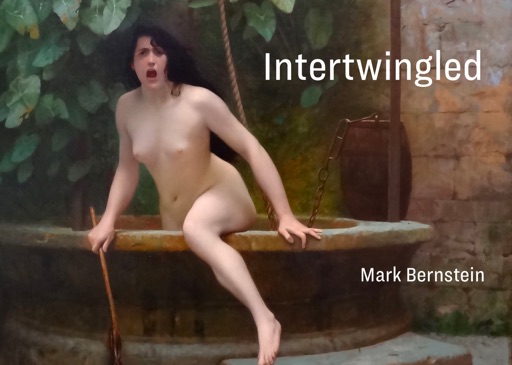by William A. Johnson, ed.
A delightful collection of surprisingly-engaging papers on reading in the ancient world. Lots of people could read, and they did read quite a bit. Interestingly, Book Historians continue to think that Romans mostly read out loud, while classicists are pretty sure that most reading was done in silence. The classicists have the better case.
We know more than you might think about ancient libraries — even if we look only at the two or three extant ruins that we know are libraries because the signage is still in place. (Ephesos, Timgad, and the villa dei papiri in Herculaneum.) For example, it seems that Romans preferred to read sitting down, but they didn’t put the scroll on a table or lectern. They did like to have a very low table nearby, presumably for their note pad and — who knows? — maybe a beverage.
I borrowed this volume to finish reading the paper on libraries. I packed it up to return the book, but on the train I started reading an essay on references to personal reading in Roman poetry, and that was so witty and intriguing that I renewed the book.












